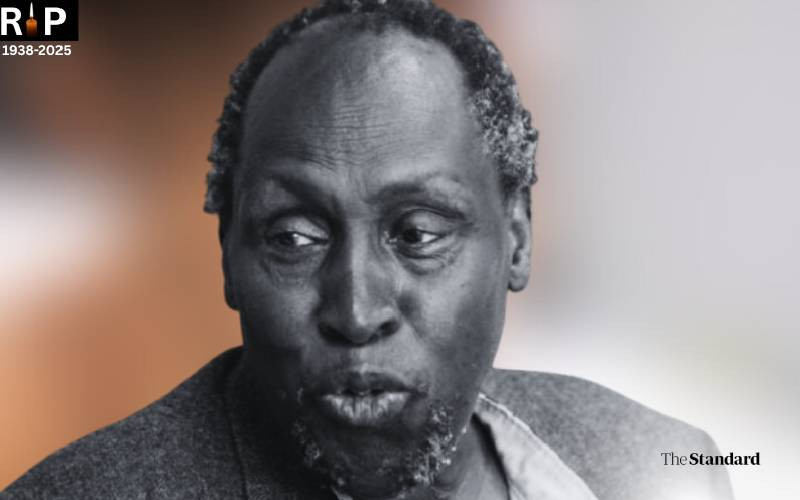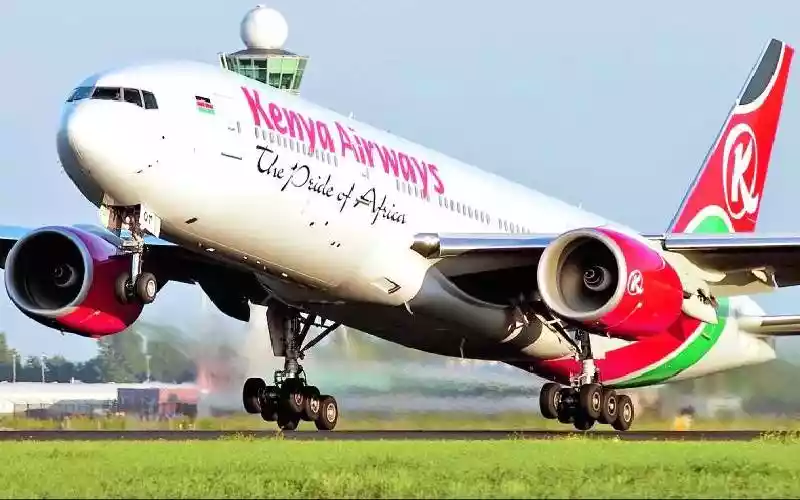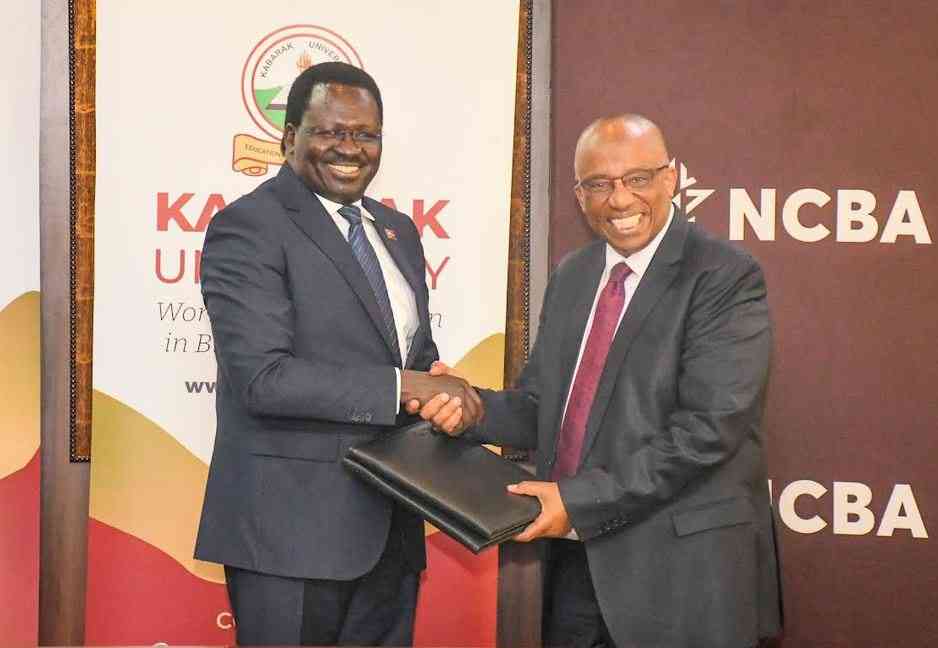
Ngugi wa Thiong’o can easily be called the Chinua Achebe of Eastern Africa or Shakespeare of the same, but with less inclination to plays.
For decades, he defined our literature in school and leisure reading. His books had catchy titles; The River Between, Petals of Blood, A Grain of Wheat and Gíkúyú titles like Caitani Mutharabainî (Devil on the Cross) or Ngaahika Ndeenda (I Will Marry When I Want). We can’t forget Matigari ma Njirúngi, loosely translated from deep Gíkúyú, bullet survivors.
It’s his affinity for writing in Gíkúyú that sets him apart from other writers. Some suggest that is why a Nobel Prize in literature escaped him. Few can deny that writing in a local language was boldness; he was a rebel with a cause.
Bold because not learning and speaking your mother tongue is now considered heroic among some Kenyan elites and pseudo-elites.
Ngugi, having grown up when the embers of the old order were still smouldering, must have appreciated the richness of the local languages, which are spoken from the heart, not the mouth. Think of proverbs and riddles. Ideally, proverbs and riddles are impossible to translate!
Ngugi must have met his grandparents and other sages who taught him the local language to a mastery level. Richard Leakey, like other anthropologists, knows the importance of local language in their research.







